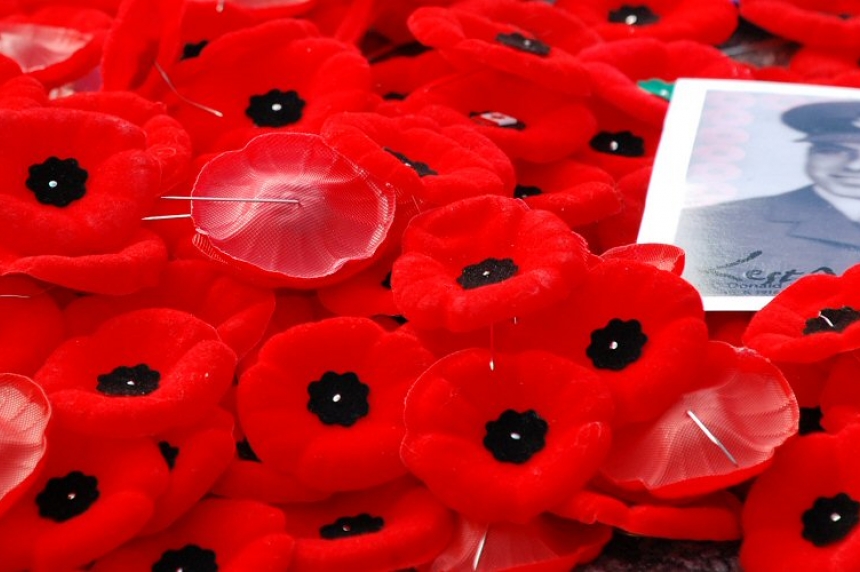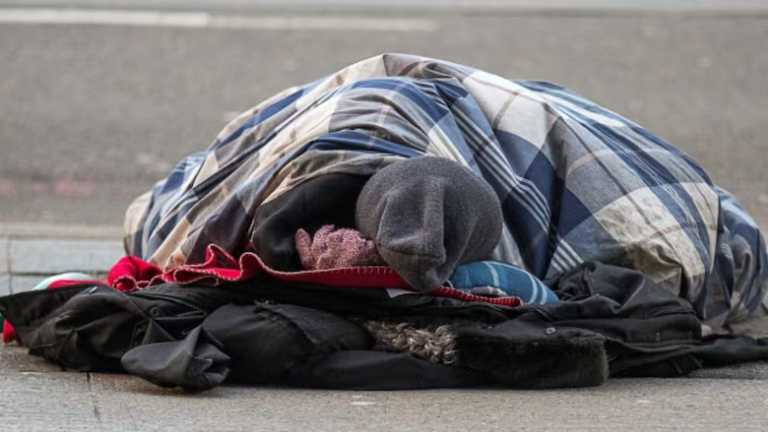During the First World War roughly 300 UNB graduates and undergraduates enlisted for military service. Among these, 32 were killed during their service and are listed on the honour roll in Memorial Hall.
These UNB alumni would have joined the 26th Battalion of New Brunswick. This battalion was formed in November 1914 and were known as the “Fighting 26th” for their fierce combat performance in the September battles of the Ypres salient. These famous engagements include the Second Battle of Ypres, at Courcelette, the Somme (1916), Vimy Ridge, Hill 70, and Passchendaele in 1917. The battalion also fought at Amiens and the Hundred Days campaign of 1918, serving continuously on the Western Front from 1915 until the Armistice in 1918. Over 5 700 soldiers entered the ranks of the Fighting 26th during this three-year period, with 900 killed and almost 3 000 wounded.
J. Brent Wilson is a history professor at UNB and is currently instructing the 3rd year course “The Generation of the Great War”. Wilson has also written a book about the Fighting 26th entitled A Family of Brothers: Soldiers of the 26th New Brunswick Battalion in the Great War.
Dr. Wilson is quite the authority on this subject and said that the enlisted UNB students probably would have represented a broad cross-section of students.
“There were a large number of students who ended up going into technical services,” said Wilson. “They may have been from engineering, the sciences, math and that sort of thing. Many of them ended up in the artillery, which was becoming much more scientific. As well, a number of them joined the British air services and ended up as pilots and Royal Flying Corps and the Royal Naval Air Service and so forth.”
While a scientific background was more prominent among UNB recruits, Wilson said men who joined the army came from all kinds of disciplines. “Many of them ended up in the infantry as well, so they probably had a broader educational background.”
UNB students would have had many motivations to enlist. “Many of them had a strong sense of patriotism,” said Wilson. “Britain was at war therefore Canada was at war, and they were joining up to help the mother country during the war. A lot of the young men who were students at the time believed in what you might describe as the ‘martial virtue’ of the day; it was still prevalent in people’s thinking.”
While many of the soldiers entered with romantic notions of war, Dr. Wilson noted these were quickly shattered by the harsh realities of warfare.
The most brutal experiences happened to the infantrymen on the frontlines. “If they were infantry, like a number of them whose names appear on the honor roll and who were killed in action, it would be high intensity combat,” said Dr. Wilson. “As well, they would have fought in a fair amount of what I would describe as routine trench warfare, just a sort of holding the line on a day to day basis, engaging in low level fighting against the Germans on the Western Front.”
The conditions in these trenches are infamous for their frequency to torment the soldiers nearly as much as the combat itself. The soldiers were “essentially living in the open and under some pretty difficult conditions. They not only had the enemy shooting at them, but the living conditions as well were difficult. They went for long periods of time without a bath or, or change of clothes. Many of them became infested with lice, they developed all different kinds of illnesses, and diseases as a result of polluted water. That sort of thing as well as the effects of the fighting can cause shell shock [PTSD], which was a problem for some of the soldiers,” said Dr. Wilson.
“I think for many of them to join up, and then go overseas and end up fighting in France and Belgium on the Western Front, for some of these young men, this was really their first time away from home and to define themselves,” said Dr. Wilson. Being exposed to the violence of the First World War at such a young age certainly shaped these men significantly. We tend to believe that going to university is a big step and transition in a young person’s life, but it’s hard to imagine the drastic effect of brutal combat on one’s mind and personal development.
Dr. Wilson’s book is not only a comprehensive historical account of the Fighting 26th as a battalion, but UNB alumni who died during the war feature prominently in the book, including Ernest McKenzie, who became the colonel and commanding officer of the 26th Battalion.
Lieutenant-Colonel Archibald Ernest Graham McKenzie, enlisted as a major in 1914 and was the commanding officer of the battalion by 1916. Born in Campbellton in 1878, he graduated from UNB with a Bachelor of Arts in 1902 and his Master of Arts in 1904.
McKenzie had survived all of the deadliest battles from 1915 and onwards with the rest of the battalion, but was killed in the Hundred Days campaign at Cherisy. He posthumously received a Distinguished Service Order medal for his bravery in combat.
“It’s believed that Colonel McKenzie was nominated for Victoria Cross after he was killed in action,” Wilson said. While three New Brunswickers received the Victoria Cross in the First World War, none of them were UNB graduates. However, McKenzie did receive a Distinguished Service Order medal for his bravery as an officer in combat.
If you choose to remember our veterans on Nov. 11, you don’t have to be remembering them for their glory or courage. You can celebrate 2018 as the centennial year of the end of WWI, and an end to the mass sacrifice of lives. Remember the sacrifice of others in your personal way this Remembrance Day, and lest we forget.




